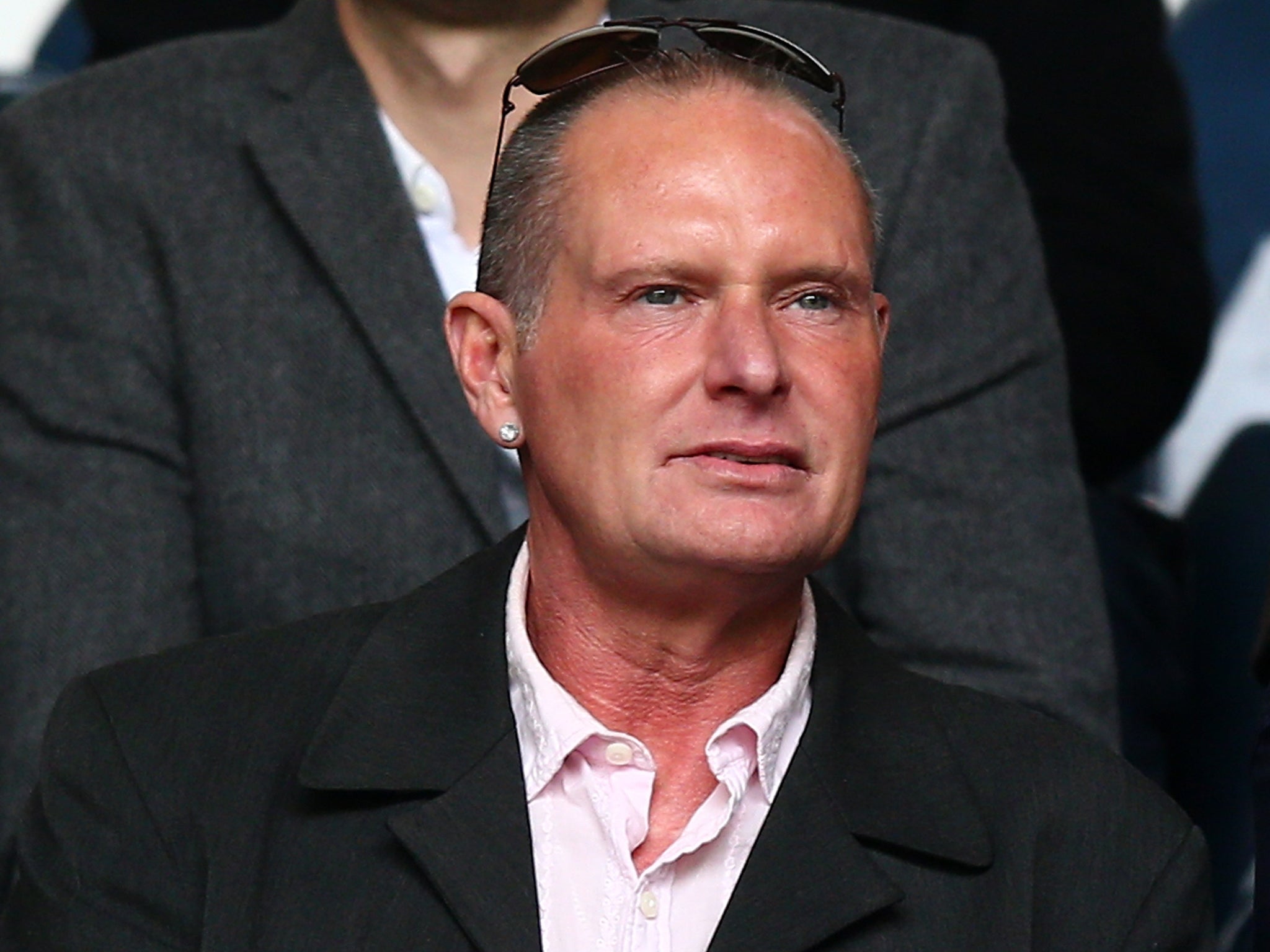Peter Kay, co-founder of the Sporting Chance Clinic which has helped names such as Paul Gascoigne and Paul Merson, has died
Kay helped set-up the clinic for sport stars to seek help alongside former Arsenal and England captain Tony Adams in 2000

Your support helps us to tell the story
From reproductive rights to climate change to Big Tech, The Independent is on the ground when the story is developing. Whether it's investigating the financials of Elon Musk's pro-Trump PAC or producing our latest documentary, 'The A Word', which shines a light on the American women fighting for reproductive rights, we know how important it is to parse out the facts from the messaging.
At such a critical moment in US history, we need reporters on the ground. Your donation allows us to keep sending journalists to speak to both sides of the story.
The Independent is trusted by Americans across the entire political spectrum. And unlike many other quality news outlets, we choose not to lock Americans out of our reporting and analysis with paywalls. We believe quality journalism should be available to everyone, paid for by those who can afford it.
Your support makes all the difference.The co-founder of the Sporting Chance Clinic Peter Kay has died, the Professional Footballers’ Association has announced.
Kay set up the centre with former Arsenal and England captain Tony Adams in 2000 to treat sports people dealing with drink, drug, gambling and other behavioural issues.
A high-profile list of names have been helped by the Clinic, which includes Paul Gascoigne, Joey Barton, Paul Merson, Clarke Carlisle, Adrian Mutu, Kenny Sansom and Kelly Smith.
The tragic news was revealed on the PFA’s official Twitter account, saying: “The PFA is shocked and saddened to hear the tragic news that Peter Kay has died. Peter was one of the founders of the Sporting Chance Clinic.
“Over many years Peter Kay dedicated himself to helping so many of our members get their lives back after experiencing personal problems.”
Kay gave a recent interview to the BBC explaining the process in which the clinic in Hampshire treats their clients, with many being household names that are frequently in the media looking to get their lives back on track.
“They are human beings - with the same fallibilities as you or I,” explained Kay. “They're put on some kind of pedestal and they start believing the headlines their lifestyle creates.
“One client got involved in a fight and ended up in prison. As they shut the cell door he thought ‘They could never do this to me because I'm so and so, but they can, and they did and I'm here.’
“If people believe the headlines, they start to live up to an image, which is so false. To admit to any sort of problem is taken as a sign of weakness in what is often a very macho environment. We have to address and overcome that.”
Join our commenting forum
Join thought-provoking conversations, follow other Independent readers and see their replies
Comments